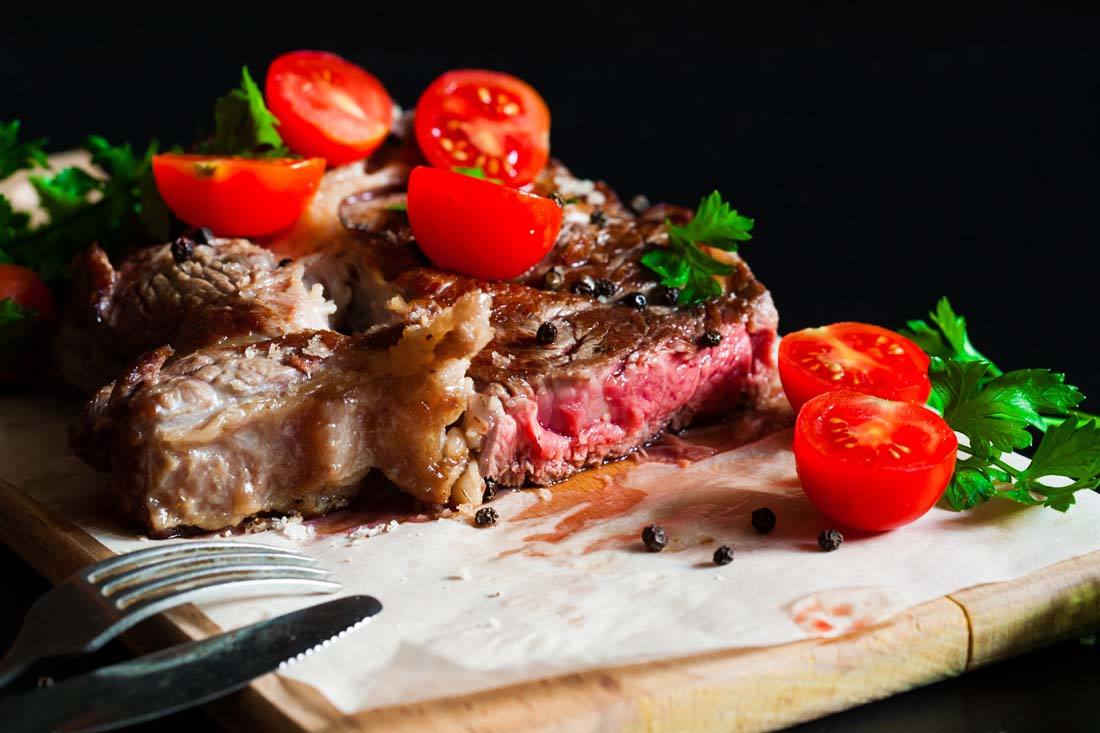Healthy diet
Can your saliva make food more delicious?
Most people are familiar with what is called “the acquired taste”, of course in the form of metaphors. But from a scientific point of view: what is the “taste of the day after tomorrow”? “By changing your eating habits, you may change the taste experience of foods you once tasted,” explained Cordelia A., a food scientist from Purdue University.
Although we may often think of saliva as something that helps us swallow food, it is not a simple oral lubricant.
About 99.5% of human saliva is water, but there are also important mixture molecules that help digest food and protect our teeth, and even bring us a taste experience. In fact, the last part is the key. The proteins released by our salivary glands are thought to bind to taste-related compounds in food and to taste receptor cells in the mouth. The problem is that the expression of those proteins is not constant. Previous studies in rats have shown that the expression of these taste-related proteins in rodent saliva changes when animals are fed bitter foods. When the protein changes, the feeding behavior of the rats also changes. They can eat more bitter foods, which is not only a psychological adaptation, but also a physiological change. “If we can change the expression of these proteins, maybe we can make ‘bad’ tastes, like bitterness and astringency, weaker,” the study authors explained.
To find out, the authors performed sensory evaluation tests on 64 volunteers who had to drink bitter chocolate almond milk three times a day, three times a week, and then evaluated the taste.
Much like their previous research at the rodent level, the experimental results showed that volunteers’ scores on bitterness and astringency decreased over time. In addition, their saliva composition also changed, and participants were observed to have increased levels of proline-rich proteins (which can bind to bitter and / or astringent compounds in milk) in their saliva.
“We think the body adapts to reduce the negative sensations of these bitter compounds,” the authors said. “Saliva changes taste, which in turn changes dietary choices.”
It’s early days, but researchers want to learn more about what’s happening here, see which specific compounds in foods cause changes in our salivary proteins, and investigate how long it takes our taste buds to adapt to new, unpleasant tastes .
Based on this result, the researchers suggest that these proteins can be isolated and consumed as separate food additives to help diners adhere to healthy choices.



